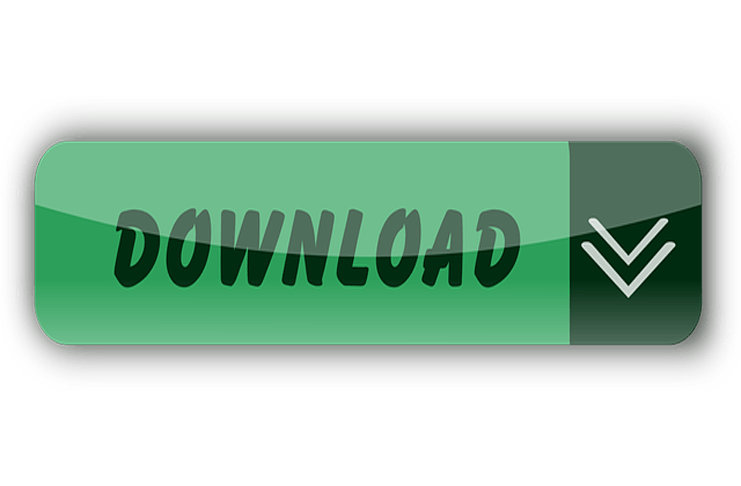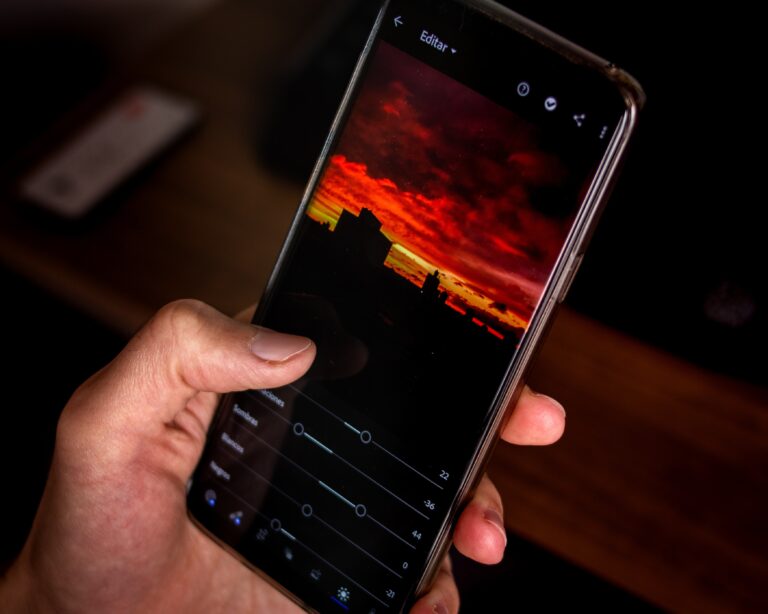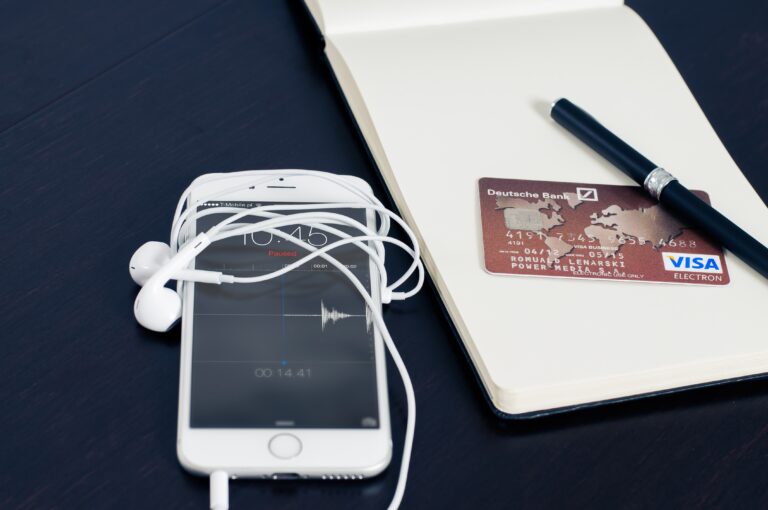Are you struggling to cope with stress, anxiety, and depression? A mental health app can be a helpful resource in managing your mental well-being. With so many options, knowing which app will be the most effective for your needs cannot be easy.
In this article, we’ll look at the top 3 mental health apps that are free and easy to use. These apps have been carefully selected to provide you with the best tools to help improve your mental health. Please keep reading to learn more about the benefits of using a mental health app and which apps have made our list.
Wellness on the Go: The Best Mental Health Apps for Stress, Sleep, and Mindfulness
In today’s fast-paced world, taking care of our mental well-being is essential. One way to do that is by utilizing various mental health service apps. From talk therapy to psychiatric care, these apps offer a convenient and accessible way to address common mental health issues, become more mindful, and improve emotional well-being. Whether you’re looking to meditate, cope with stress, or improve your sleep, there’s a mental health app.
Our research team has scoured the market to bring you a list of the best online therapy apps, mental health services apps, and psychiatrist apps. These apps are not only affordable and user-friendly, but they are also well-designed and offer unique features to help you enjoyably achieve overall wellness.
With so many options to choose from, it can be overwhelming to find the right one for you. That’s why we’ve gone on a mission to find the best of the best, so you don’t have to. Here’s what we’ve come up with.
The 3 Best Mental Health Apps for Free and Easy to Use
Headspace
Headspace is an app that is visually pleasing and easy to navigate. The app offers a plethora of resources that assist users in practicing mindfulness. The library includes a variety of meditations tailored to different themes to help users relax and find inner peace.
Additionally, the app provides resources for focus exercises, movement and dance classes, audio sleeps-capes, and more. The app is designed to make it easy for users to access many mindfulness resources in one place.
Platforms
Compatible with both Apple and Android operating systems.
Pricing
The cost of the app includes a free download, with the option to upgrade to a premium subscription for $12.99 per month or $69.99 per year. A family plan allows up to 6 accounts and is available for $99.99 annually. Verified students can subscribe at a reduced rate of $9.99 per month. A free trial period is also offered.
Pros & Cons
Pros:
- Extensive collection of guided meditations
- Includes meditations suitable for children
- Offers special pricing options for students and families
- Provides complimentary 7-day and 14-day trial periods.
Cons:
- Limited access to features without a paid subscription
- The cancellation process may be cumbersome
- An overabundance of content may be overwhelming for some users.
Calm
Calm is a widely-used and straightforward app that aims to improve sleep, meditation, and relaxation for those struggling with insomnia or poor sleep quality. With an appealing and visually pleasing interface, the app offers a wide range of resources, including guided meditations, bedtime stories, and more, to achieve a more restful night’s sleep.
Platforms
Calm is available on both iOS and Android devices.
Pricing
The app can be downloaded for free. However, if you want access to additional features and resources, Calm Premium is available for a monthly fee of $14.99, an annual fee of $69.99, or a one-time lifetime fee of $399.99.
If you’re looking to share the app with your family, there’s also a family plan option for $99.99 per year for up to six accounts. There’s a discounted student plan available for $8.99 per year, including a three-month free trial when signing up through Amazon Prime.
Calm App Pros & Cons
Pros
- Extensive collection of sleep aids, including soothing sounds, guided meditations, and tranquil music
- Bedtime stories narrated by well-known personalities
- Reduced pricing options for families and students
- Opportunity to try Calm Premium with a 7-day complimentary trial period.
Cons
- Limited access to resources without a paid subscription
- Costs may vary depending on the location
- Some users with visual impairments have reported difficulty accessing certain features.
MindShift
The user interface of Mindshift is designed to be user-friendly and easy to guide, making it accessible to people of all ages and backgrounds. The app is divided into different sections, each dedicated to a specific aspect of mental well-being, such as understanding anxiety, managing stress, and building resilience.
The resources provided are comprehensive, and the app is regularly updated with new content. Mindshift is an excellent tool for anyone looking to take control of their mental health and improve their overall well-being.
Platforms
It can be downloaded and used on both Apple and Android operating systems.
Pricing
The app Mindshift is available for free to download and use. No cost is associated with accessing the various features and tools it offers.
Mindshift App Pros & Cons
Pros
- Utilizes Cognitive Behavioral Therapy (CBT) techniques to help users reframe anxious thoughts and make lasting behavioral changes.
- Provides various valuable tools, such as a thought journal, a relaxation section with guided meditations, and an instant relief feature for intense stress.
- Allows users to share mental health information with individuals within their support network.
Cons
- The free version may have limited features.
- Users looking for a more comprehensive mental health solution may need to look elsewhere.
- Some users may find the interface or navigation of the app confusing.
Are There Any Other Apps That Can Help You?
There are many other mental health apps available that can help with a variety of concerns. A few examples include:
- Pacifica: this app offers a variety of tools to help manage stress and anxiety, including mood tracking, guided meditations, and daily challenges.
- Moodfit: this app uses cognitive-behavioral techniques to help users improve their mood and build resilience to stress. It includes mood tracking, goal-setting, and personalized exercises.
- Happify: this app offers evidence-based activities and games to help users improve their mood and build resilience to stress. It includes mood tracking, goal-setting, and personalized exercises.
- Woebot: this app uses cognitive-behavioral therapy and mindfulness techniques to help users improve their mood and build resilience to stress. It includes mood tracking, goal-setting, and personalized exercises.
- My3: this app is designed to help users build a support network of friends, family, and professionals. It includes a directory of mental health resources and a panic button feature to help users get help in an emergency.
- Self-Help for Anxiety Management (SAM): this app provides a variety of self-help tools to help users manage symptoms of anxiety, including relaxation exercises, cognitive restructuring, and worry management.
- Talkspace: this app offers a variety of tools to help users improve their mental health and build resilience to stress. It includes mood tracking, goal-setting, and personalized exercises.
- BetterHelp: this app offers a variety of mental health resources, including online counseling and peer support.
These apps are designed to help users manage their symptoms, build resilience to stress, and improve their overall well-being. It’s important to note that these apps are not replacements for professional mental health treatment, but they can be a helpful addition to a treatment plan.
How to Choose the Best Mental Health Apps: What Kinds of Apps Are There?
When choosing a mental health app, it’s essential to consider what best aligns with your needs and goals. Some popular kinds of mental health apps include:
- Self-help apps focus on providing users with educational information and tools to help them independently manage their mental health. Examples include apps that teach relaxation techniques, provide journaling prompts or offer guided meditations.
- Therapy apps connect users with licensed therapists or counselors for online therapy sessions. Some therapy apps use text, video, or audio to facilitate communication, while others use artificial intelligence to mimic a human therapist.
- Symptom tracking apps help users track and monitor symptoms of mental health conditions, such as depression or anxiety. This information can identify patterns or triggers and inform conversations with a therapist or healthcare provider.
- Support community apps: these apps provide users with a community of people who are also dealing with similar mental health challenges. Users can share stories, offer support, or ask for advice in a safe and anonymous space.
It’s important to note that mental health apps are not a substitute for professional care and should not be used as a sole form of treatment. It’s always best to consult a healthcare professional before using any mental health app.
How Effective Are Mental Health Apps?
Investigations indicate that using mental health apps can be efficacious in alleviating the manifestations of particular disorders. A comprehensive study conducted in 2022 revealed that utilizing Headspace positively impacted the symptoms of depression in 75% of cases.
Despite these promising results, the field of study surrounding mental health apps is still developing, and the outcomes are equivocal. A considerable proportion of studies, around 40%, established that apps such as Calm and Headspace could be beneficial in addressing issues related to anxiety, insomnia, and stress.
Wrapping Up: The Convenience and Effectiveness of Therapy Apps for Mental Health
In conclusion, therapy apps have become increasingly popular in addressing mental health concerns. These apps provide a convenient and accessible way for individuals to manage their mental well-being. They offer a variety of tools, such as guided meditations, thought journals, and instant relief features to help users cope with stress, anxiety, and depression.
Additionally, many of these apps are designed to be user-friendly and easy to use. With the rise of technology, mental health therapy apps have become valuable resources for individuals seeking support and guidance. It is important to note that while these apps can be helpful, they should not replace traditional therapy or medical treatment.
It is always advisable to consult with a healthcare professional before using any mental health app. Overall, using mental health therapy apps is a convenient and effective way to improve mental well-being and manage symptoms of mental health conditions.











